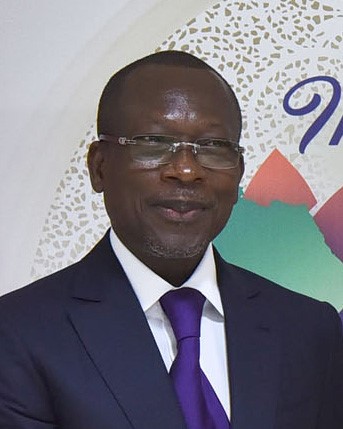The April 2021 presidential elections are shaping up to be more of the same. Leading opposition candidates entrepreneur Sebastien Adjavon, former prime minister Lionel Zinsou, and former minister Komi Koutché have all had politically motivated charges filed against them and are now living in exile or otherwise barred from running. These actions effectively remove all serious challengers from Talon’s path to stay on for a second term.
Journalists who have reported critically on Talon have been harassed, threatened, and imprisoned. This is a stark contrast from the open media environment Benin had long enjoyed. A 2016 digital media law included provisions restricting press freedom and criminalizing normal activities of the press, like criticizing government officials. In July 2020, the High Authority for Broadcasting and Communication ordered the closure of all “unauthorized” online media outlets. Benin has dropped 38 places, from 75th to 113th, on Reporters without Borders’ annual Press Freedom Index since Talon came to power.
That Talon is intending to stay in power by stacking the electoral deck in his favor appears clear. The more profound question for Benin and West Africa is how will ECOWAS and the international community respond? If it accepts an electoral result where all viable candidates are blocked, protesters are denied the right to assemble, and independent journalists arrested, ECOWAS would be establishing a very low bar for what is deemed an election in West Africa.
Doing so would also solidify ECOWAS’ retrenchment from upholding democratic norms in the subregion, despite the mandate in its charter to do so and the subregional body’s exemplary record on this front over the years.




